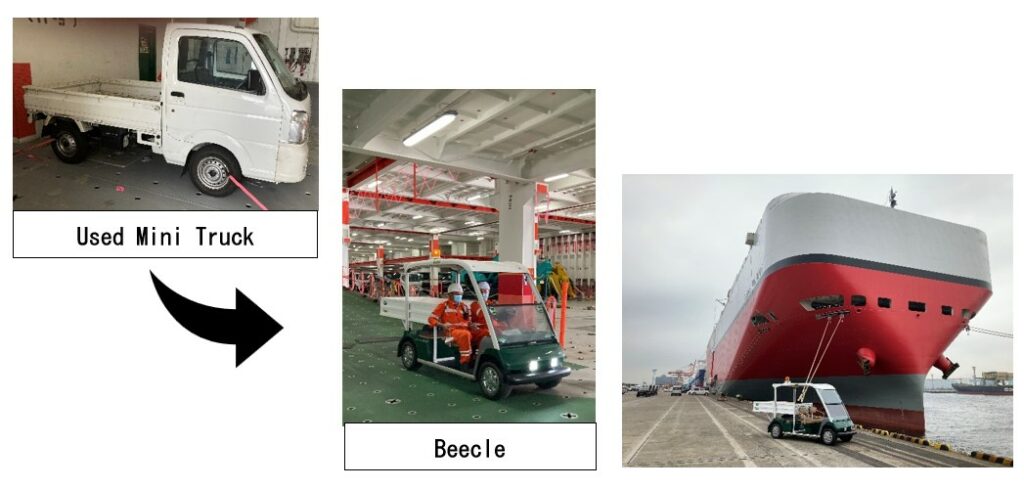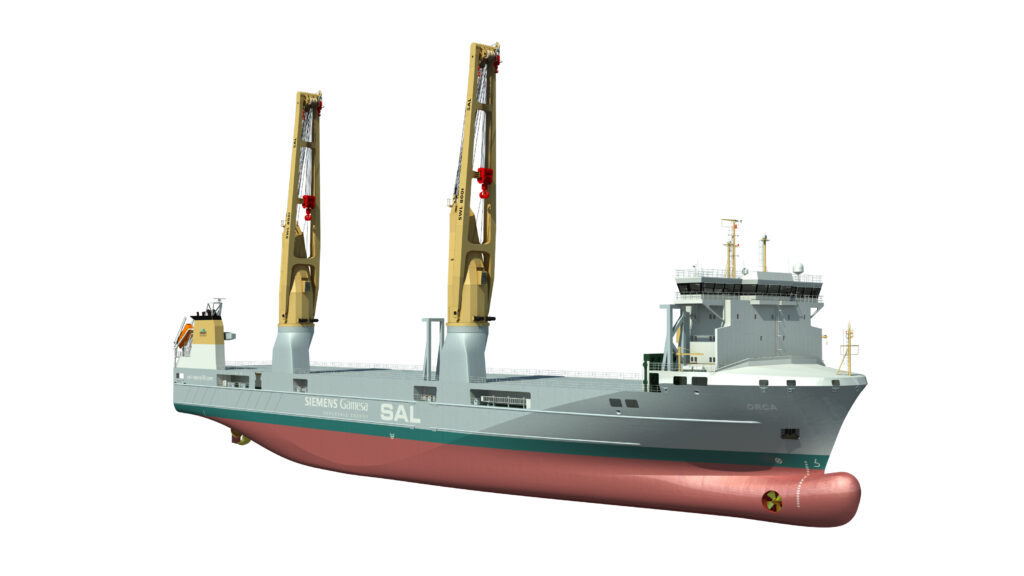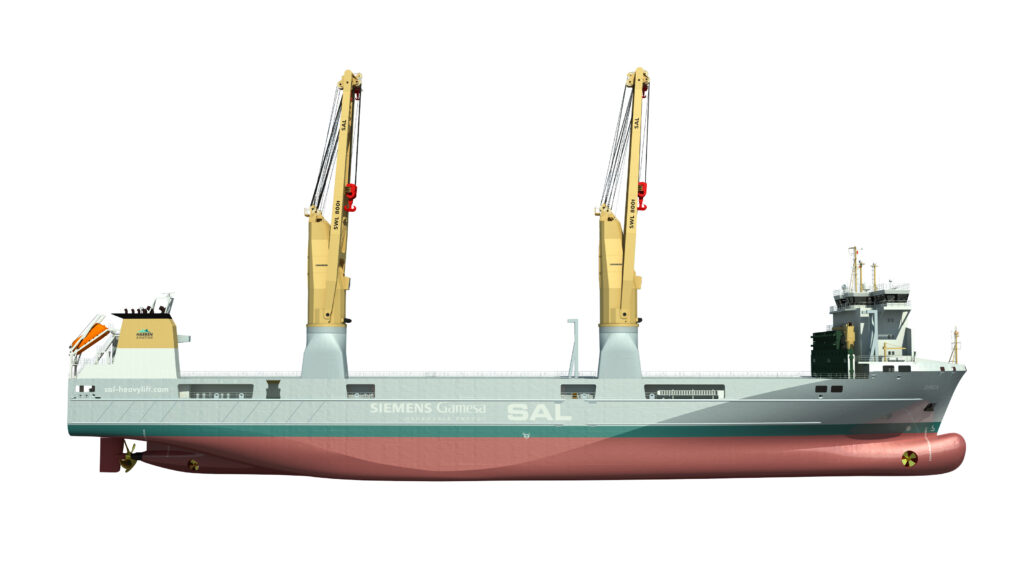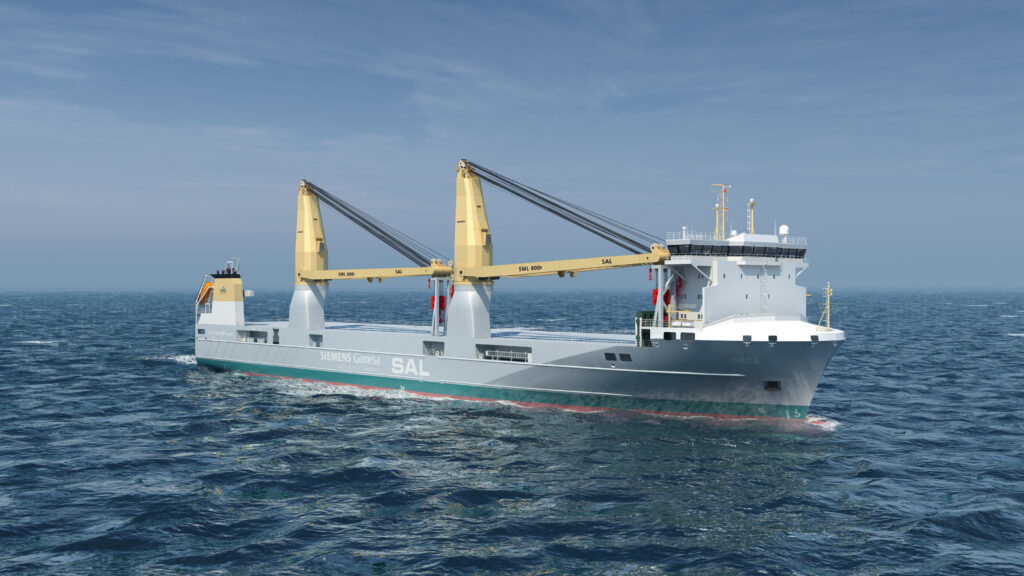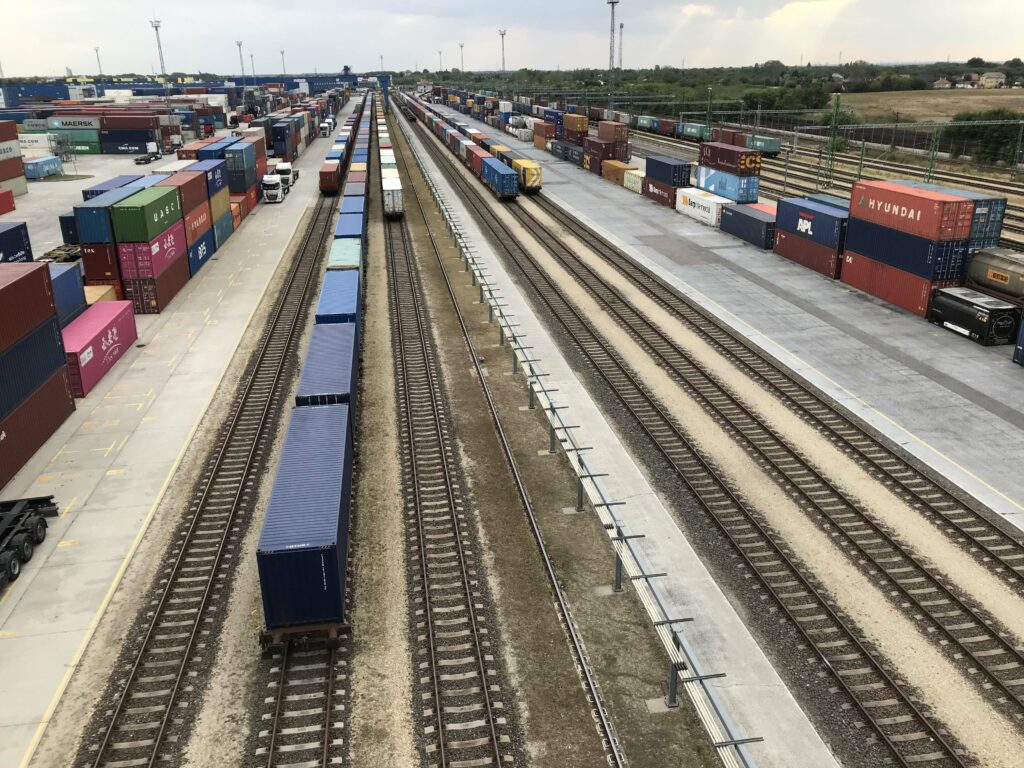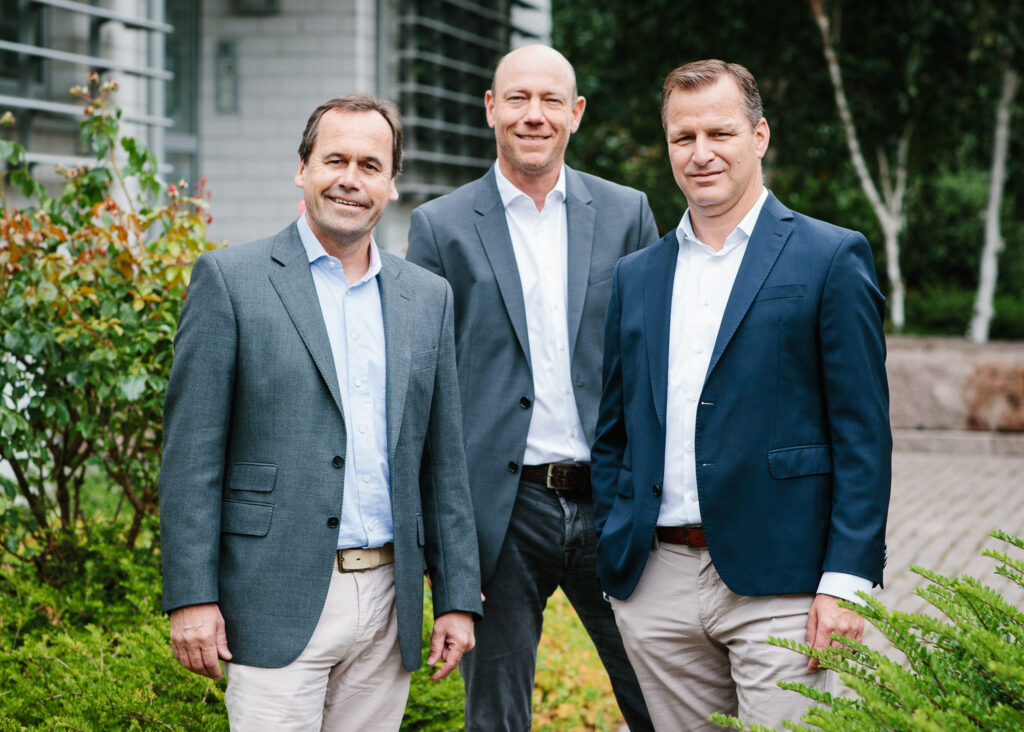Aimed at bringing together port and transport stakeholders around the world to share initiatives in tackling the challenges of the modern industry, Hamburg Port Consulting (HPC) last week launched the first in its regular series of ‘talk shows’ entitled Connecting Ports. The port and logistics consultancy wants to stimulate both debate and cooperation on critical issues.
Hamburg, 13 September 2022
The first interactive forum, open to all with an interest in ports and transport was headlined “Decarbonisation – On Our Way to a Climate-Neutral Port Industry” and featured five contributors from three continents in a ninety-minute session hosted by Christina Prieser, an Associate Partner at HPC.
Much is being discussed about how, and to what target levels the amount of CO2 emissions must be reduced for various modes of freight transport – air, sea, road – but Connecting Ports in its first edition very clearly emphasised the port as a focal point in the quest for collaborative solutions to decarbonisation.
Encapsulating what a number of the participants highlighted, Margaret Kidd, Program Director, Supply Chain & Logistics Technology Instructional Associate Professor at University of Houston, showed how the high degree of centrality that is exhibited by ports can be a great source of influence. As major nodes connecting maritime transport with urban activities and access to the hinterlands through other transport modes, ports are in a powerful position to lead and facilitate change.
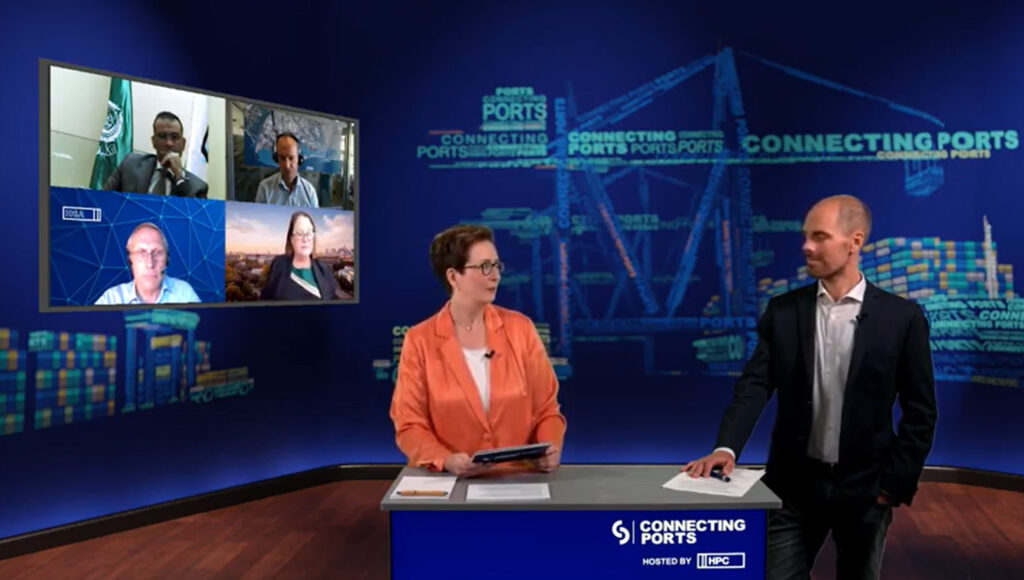
Exemplifying this influence Johannes Schmidt, Climate and Innovation Manager at the Hamburg Port Authority (HPA) gave details on the decarbonization activities in the Port of Hamburg and highlighted three pillars that the HPA has identified for a “green port transformation”: increased use of renewable energy sources; establish a hydrogen value chain throughout the port, with an aim to become Europe’s logistics hub for green hydrogen, and a focus on projects that reduce energy consumption and increase the electrification of operations.
Of course, while encouraging the sharing of initiatives across the global port community the panel recognised that geographical location, environmental conditions and local community considerations result in variations in the responses to the decarbonisation challenge that are possible for differing ports.
The Mediterranean port of Barcelona, for example has restrictions on wind power production due to the close proximity of the airport as well as to limited wind resources but can, because of its climate, access more solar alternatives. Héctor Calls, Head of Sustainability at the Port explained that unlike some other ports, Barcelona has fewer industrial plants within its precinct. As a consequence, some 70% of its carbon emissions emanate from maritime vessels, a percentage far higher than many industrialised ports. While approaching the challenge with a similar ‘three-pillar’ approach to Hamburg, he underlined the need for ports to adapt to their own physical and environmental constraints.
For individual port terminals some of the options to affect emissions are similarly restricted. Jan Hendrik Pietsch, Head of Sustainability at HHLA shared his organisation’s priorities. Proud of the fact that nearly 50% of hinterland transport of containers is currently by rail, he nevertheless saw this element of the supply chain as a key target to lower emissions further toward the 2040 goal of carbon neutrality.
Pietsch also emphasised the role that technology and process optimisation play in the efforts for increasing operating efficiency and reducing the carbon footprint. Predictive technology can greatly help the reduction of unnecessary lifts, crane and terminal equipment movements and the better synchronisation of container deliveries and pick-ups, as well as more efficient stack designs. These contingencies, which save both cost and emissions could perhaps be more relevant to container terminals around the world.
Addressing the collaborative efforts of ports, Alaa Morsy, Professor and Dean of the Port Training Institute at the Arab Academy for Science, Technology & Maritime Transport, based in Alexandria, Egypt drew attention to the success of the MEDPorts Association with its membership of twenty-three ports in the region and five educational and training institutions. The sharing of a united strategy which the Professor called a Roadmap for a Green Transition is a vital element in the sort of cooperation regional and global ports achieve. Of particular importance, he made clear, are the areas of training and research in which his Academy has communal agreements and active cooperation with similar institutions in Spain, France, and Tunisia.
Alaa Morsy also highlighted the emerging green transition initiatives in Egyptian ports, such as the establishment of Mega Green Hydrogen Ship Refuelling Station in the Suez Canal area and the expansion of the solar energy platforms to serve the ports of Damietta and East Port Said. These initiatives are all in line with COP27 (United Nations Climate Change Conference) hosted by Egypt in November 2022.
In conclusion, Margaret Kidd quoted Charles Darwin when he wrote – “In the long history of humankind (and animal kind, too) those who learned to collaborate and improvise most effectively have prevailed.” This adage sums up HPC’s desire to inspire interactive communication among ports through this, and future editions of Connecting Ports.
So much more was shared by the speakers and audience alike and the full session on Connecting Ports can be viewed here Session #01 “Decarbonisation – On Our Way to a Climate-Neutral Port Industry” (vimeo.com)
For more information on port and transport consulting services, please visit the website: www.hamburgportconsulting.com
About HPC
HPC Hamburg Port Consulting operates as a logistics consulting company, specialising in strategy and transformation services for the ports, terminals, and rail sectors. Since its establishment in 1976, the Hamburg-based consulting company has delivered more than 1,700 projects across 130 countries spanning six continents, along the entire port project development cycle. HPC employs about 100 domain experts with a background as terminal operators, software engineers, logistics managers, transport economists and mathematicians. As a subsidiary of the Hamburg Port and Logistics Corporation (HHLA), HPC has its roots in port handling of container, breakbulk and multipurpose, as well as hinterland operations. www.hamburgportconsulting.com







